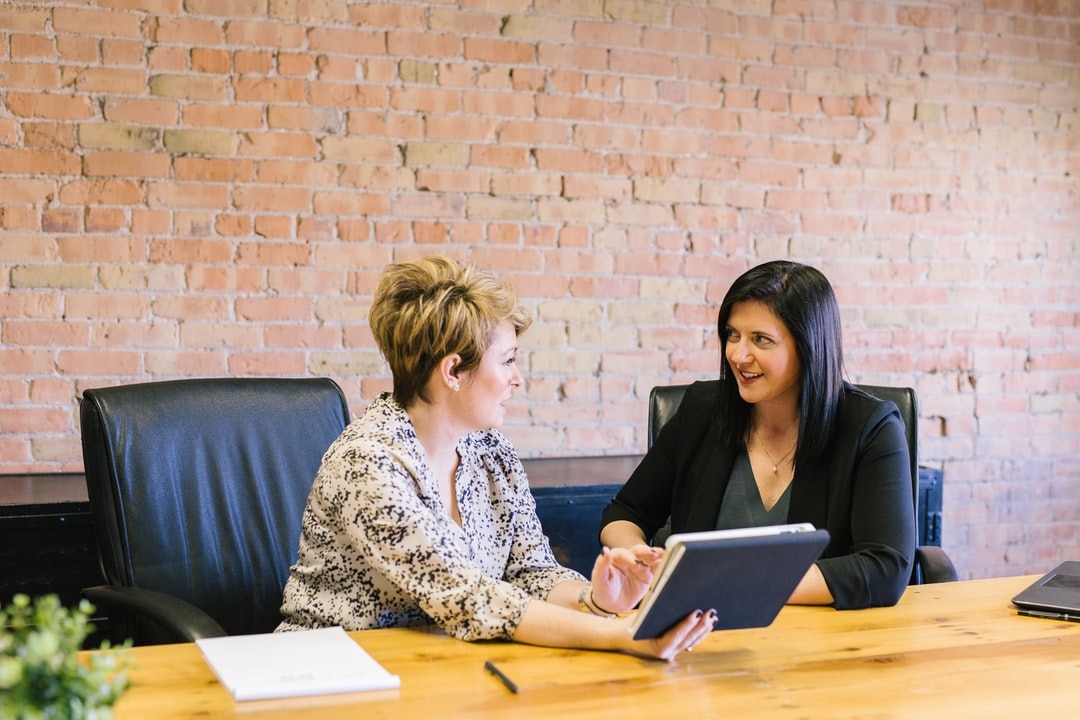
Effective problem solvers use what they know and what they can assess to form a solution to an issue. Adept problem solvers can predict potential issues and set up a plan to prevent or solve those issues. With a bit of practice and competence, anyone can learn how to solve a problem.
What Are Problem-Solving Skills?
Issues aren’t resolved until you make a decision. Likewise, you can’t decide what to do until you solve the problem. The flow between the two is essential for anyone assessing and processing a situation. But what does it take to know how to solve a problem?
Problem-solving skills are associated with other skills. Those are logical thinking skills, creativity, adaptability, initiative, perspective, and teamwork. These skills are crucial because they increase your ability to see answers to current and future issues.
For instance, a logical approach uses the “if-then” theory. You can look at a problem and think that “if I do this, then that will happen.” Using this process, you can think of several different solutions and outcomes. In some cases, you can discover potential obstacles before they occur.
Who Are Decision Makers?
You don’t always need to use creativity to solve a problem. Conversely, logical skills aren’t always required to make a decision. Decision-making skills or finding solutions can take different forms.
Some people are rational thinkers. They systematically approach a problem and use logic to assess the core issue and potential solutions systematically. These people will include several problem-solving skills in their decisions, including logical thinking or perspective.
Conversely, logical thinking or a rational approach isn’t the only way to solve a problem. You may be the type of person who intuitively knows the answer. Following your gut or a hunch is what guides you to effective results.
How Do I Solve a Problem?
The skills you rely on to make a decision can depend on your strengths. A practical problem-solving style can combine rational and intuitive thinking.
Here are a few steps for resolving a challenge:
- Assess the dilemma. When an obstacle appears, step back and process. Use your time to identify the problem by actively listening to those around you.
- Research the situation. In many cases, a problem is not new. Look back to see if similar complications occurred. You can learn a lot by researching or asking questions.
- Communicate with others. Clear, concise communication can aid you in discovering imaginative, rational options. Once you or your team decides which option is viable, clearly communicate the next steps.
Don’t be afraid to go outside your comfort zone, seek input, or trust your instinct. Strong decisions regarding complications can prevent long-term issues.
Problem-solving skills can be innate or learned. You can become an effective problem solver by believing in yourself. The Guest House provides individual, group, and holistic therapies so you can learn how to approach obstacles. We understand the effects substances and mental health disorders have on you. We offer treatments that build a solid foundation for practical problem-solving skills. Our staff is here to encourage and educate you as you go through recovery. If you have any questions about our services or location in Central Florida, call us at (855) 483-7800.